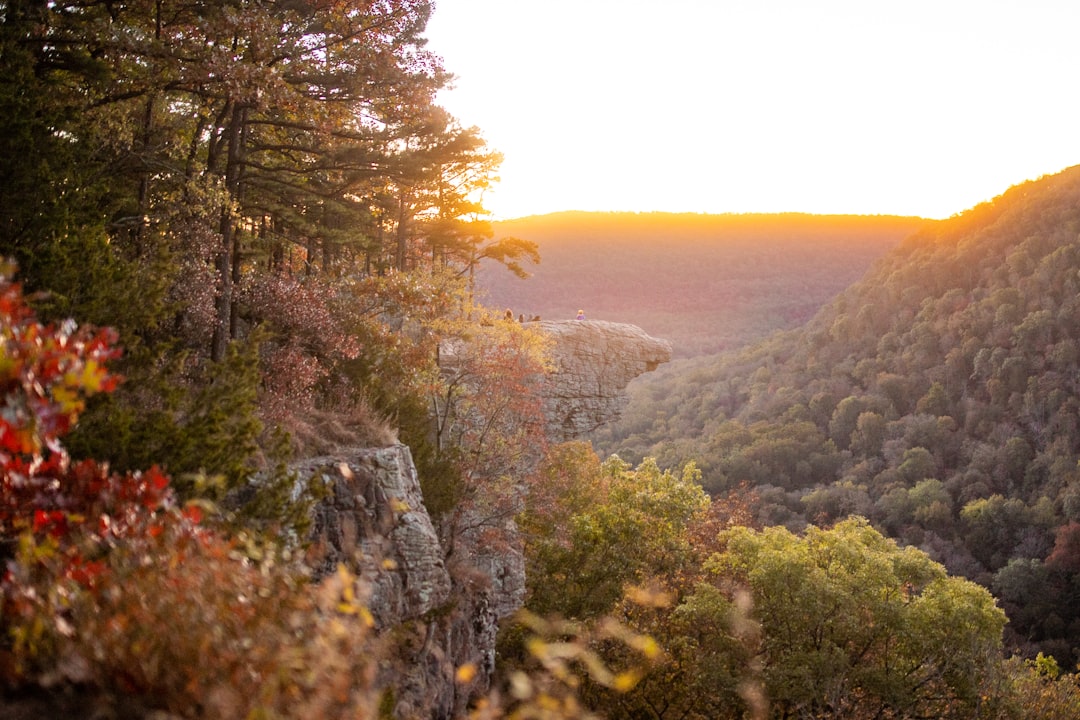Crossett, Arkansas, is a logging and wood processing hub with a sustainable forestry industry. The city benefits from Arkansas' strict Do Not Call Laws, which protect residents from unwanted telemarketing calls (including those related to forestry services) by requiring explicit consent and carrying penalties for non-compliance.
Crossett, nestled in Ashley County, Arkansas, is renowned for its thriving forestry industry. This article delves into the town’s unique position within the sector and explores the local regulations surrounding telemarketing practices, particularly in light of Arkansas’ stringent Do Not Call Laws. By understanding these rules, both businesses and residents can navigate the landscape effectively, fostering a harmonious balance between economic growth and consumer protection.
Understanding Crossett's Forestry Industry Role

Crossett, nestled in Ashley County, Arkansas, plays a pivotal role in the state’s forestry industry. The city is renowned for its sustainable forestry practices and contributes significantly to the local economy through timber production. With vast forests covering much of the region, Crossett has become a hub for logging, wood processing, and related businesses. This vibrant industry not only provides employment opportunities but also ensures the responsible management of natural resources.
The Do Not Call Laws in Arkansas, like those in many states, aim to protect residents from intrusive telemarketing calls. Given the close-knit nature of forest communities, these laws are particularly relevant in Crossett. They ensure that local businesses and residents can enjoy a quieter, more peaceful environment while also fostering positive relationships within the thriving forestry industry.
Arkansas' Do Not Call Laws Explained

Arkansas’ Do Not Call Laws, also known as the “Do Not Disturb” registry, are designed to protect residents from unwanted telemarketing calls. As per state regulations, businesses and marketers must obtain explicit consent from individuals before initiating any phone communication for promotional or sales purposes. This means that if you have registered your number on the Arkansas Do Not Call List, you can expect a significant reduction in marketing calls.
The laws also specify timeframes and requirements for opt-out requests. Marketers have 30 days to remove a number from their call lists after receiving an opt-out request. Additionally, Arkansas law enforcement agencies actively monitor compliance with these regulations, ensuring that businesses adhere to the rules and respect residents’ privacy.
Telemarketing Regulations for Local Businesses

In the state of Arkansas, including the city of Crossett, businesses engaging in telemarketing activities must adhere to strict regulations outlined by the Do Not Call Laws. These laws are designed to protect consumers from unwanted phone calls and give them control over their communication preferences. Local companies offering forestry-related services or any other industry conducting outbound sales should be well-versed in these rules to ensure compliance.
The Do Not Call Laws Arkansas implement restrictions on when and how businesses can contact residents through telemarketing. Businesses must obtain explicit consent from consumers before initiating calls, and there are specific opt-out provisions that must be honored. Failure to comply can result in penalties, so it’s crucial for local companies to understand their rights and responsibilities under these regulations.






